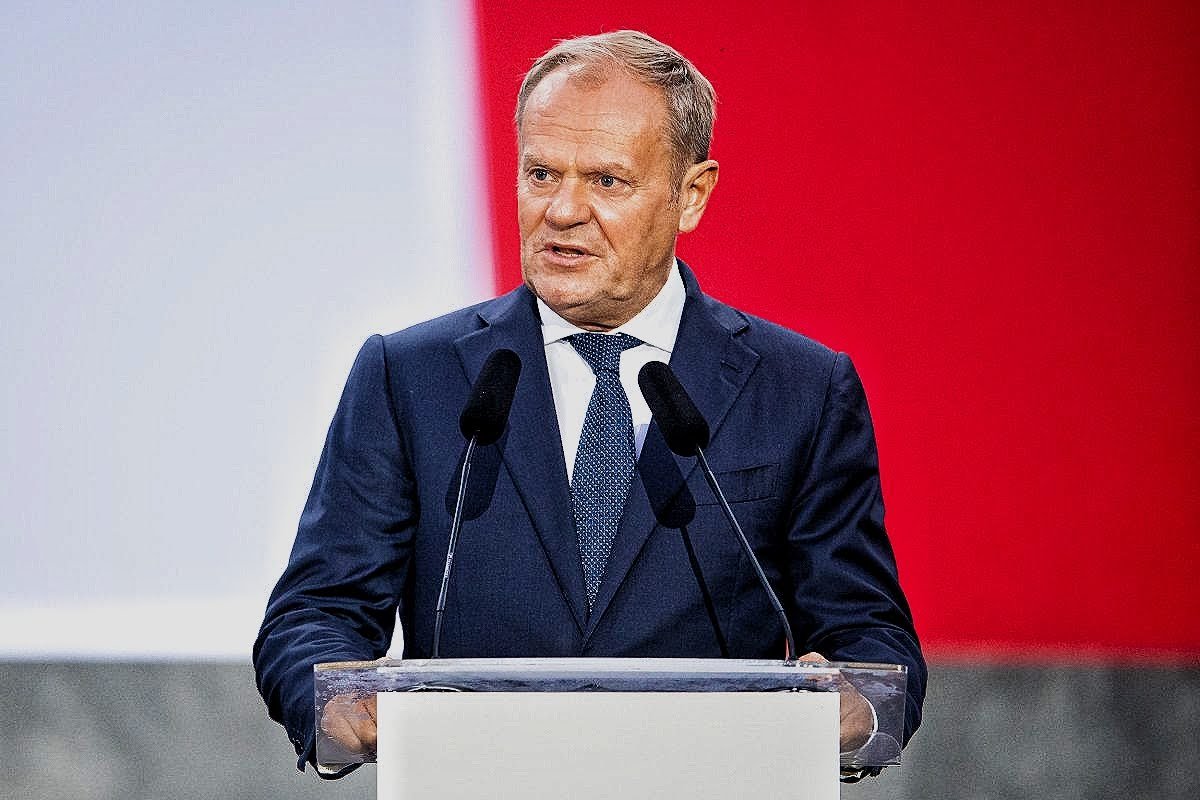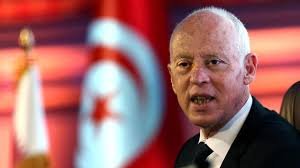In a significant escalation tied to the ongoing conflict in Ukraine, Poland has formally activated Article 4 of the NATO treaty after multiple Russian drones breached its airspace during overnight strikes on September 10, 2025.
This move underscores growing concerns over regional security and marks only the eighth time in NATO’s history that the consultation mechanism has been triggered.
The incident began around 1:13 a.m. local time when at least 19 Shahed-type drones, launched from Russia as part of a broader assault on western Ukraine, entered Polish territory.
Also Read:
- NATO Agrees to Increase Global Defense Spending to 5% of GDP
- Potential breakthrough as West may concede to Putin: Ukraine to drop NATO to avoid war with…
- Nuclear Arms Race: UK to Buy 12 F-35 Stealth Jets Capable of Carrying Nuclear Warheads
- Poland Demands EU Action Against xAI After Grok Chatbot Makes Antisemitic, Hate Speech Remarks
Polish military radar systems detected over 10 such objects, and those deemed an immediate danger were neutralized by Polish and allied forces.
Reports indicate that approximately three to four drones were successfully shot down, with ongoing searches for debris in affected areas. In response, Poland scrambled its air defenses, including fighter jets, and activated NATO’s Quick Reaction Alert aircraft.
The Polish armed forces described the breaches as an “act of aggression,” noting it was the first instance of a NATO member directly engaging Russian military assets during the current conflict.
As a precautionary measure, several airports were temporarily shut down, including Warsaw’s Chopin and Modlin airports, as well as facilities in Rzeszów-Jasionka and Lublin.
These closures, announced by the U.S. Federal Aviation Administration, caused flight disruptions but were lifted once the immediate threat subsided.
Residents in the eastern regions of Podlaskie, Mazowieckie, and Lublin were advised to remain indoors due to potential risks.
Polish Prime Minister Donald Tusk addressed the nation and parliament, confirming the invocation of Article 4 and emphasizing that the drones represented a direct threat to national security.
He described the successful interceptions as a testament to the effectiveness of Polish and NATO defenses, while highlighting the need for enhanced allied support in safeguarding airspace.
Tusk, in coordination with President Karol Nawrocki, framed the event as part of a larger confrontation initiated by Russia against the free world, urging a unified international response.
Article 4 of the North Atlantic Treaty allows any member to request consultations when it perceives a threat to its territorial integrity, political independence, or security.
Unlike the more stringent Article 5, which treats an attack on one member as an attack on all, Article 4 focuses on dialogue and potential coordinated actions, such as bolstering defenses or activating response forces.
Historically, it has been used sparingly, including by Poland and other Eastern European nations in 2022 at the onset of Russia’s full-scale invasion of Ukraine.
International reactions have been swift and supportive. French President Emmanuel Macron expressed full solidarity with Poland, condemning the incursions as unacceptable and pledging no compromises on allied security.
NATO’s military leadership, including U.S. General Alexus Grynkewich, affirmed a rapid and firm response. Ukrainian President Volodymyr Zelenskiy labeled the event an “extremely dangerous precedent” for Europe, calling for collaborative efforts among Ukraine, Poland, European nations, and the United States.
In the U.S., lawmakers from both parties voiced concerns: Democratic Senator Dick Durbin warned that such violations test NATO’s commitment, while Republican Representative Joe Wilson termed it an “act of war” and advocated for stricter sanctions against Russia. President Donald Trump indicated plans to escalate sanctions following unproductive peace negotiations.
NATO Secretary General Mark Rutte has been in direct contact with Polish officials, and the alliance is actively consulting on the matter.
Neighboring countries, such as Lithuania, have heightened border defenses in light of related Russian military exercises in Belarus. Russia has not issued an official statement on the incident.
This development heightens tensions on NATO’s eastern flank, where Poland has remained vigilant since a 2022 stray missile incident from Ukraine that resulted in civilian casualties.
As consultations under Article 4 proceed, the focus will be on reinforcing defenses and deterring further aggressions, amid fears of broader spillover from the Ukraine conflict. Updates are expected as NATO deliberations unfold.




















